In recent trading sessions, real estate stocks have made a strong recovery following a significant sell-off earlier in October. This resurgence was largely triggered by the Reserve Bank of India's (RBI) shift in monetary policy. The Monetary Policy Committee (MPC) kept the repo rate unchanged at 6.5% for the tenth consecutive meeting, but unanimously decided to change its stance from "withdrawal of accommodation" to neutral.
This policy adjustment has fueled expectations of future interest rate cuts, which are particularly favorable for the real estate sector as lower rates stimulate housing demand. Investor confidence in real estate stocks has surged as a result, driving a market rally. The real estate industry, which relies heavily on lower interest rates to boost demand, saw a notable uptick in sentiment following the RBI’s shift. Adding to the positive outlook, key real estate companies reported robust quarterly results, highlighting significant annual growth in sale bookings for the September quarter. The increasing demand for residential properties, especially in the luxury segment, has played a major role in driving this growth.
Strong Deal Activity Fuels Optimism
In addition to the policy shift, the real estate sector in India witnessed robust deal activity during the September quarter (Q3 2024), with 25 deals totaling $1.4 billion, according to the "Real Estate/REITs Dealtracker" report by Grant Thornton Bharat. This quarter marked an all-time high in terms of deal volumes, though the total deal value dropped compared to Q2 2024. This momentum was largely driven by Qualified Institutional Placements (QIPs), private equity funding, and investments in real estate technology companies.
QIP activity was the standout performer, with four deals valued at $940 million. The most significant was Prestige Estates’ $602 million QIP, reflecting strong confidence in public market real estate firms. On the other hand, private equity funding saw a drop in deal values, falling from $1.4 billion in Q2 to $401 million in Q3, although deal volumes remained stable. Among the key deals was Keppel’s $265 million investment in the Grade A office complex, One Paramount, in Chennai.
Mergers and acquisitions (M&A) also played a role, with eight deals totaling $51 million. While the average deal size decreased, the activity level remained high. Macrotech Developers’ acquisition of Palava Induslogic 4 Pvt Ltd for $17 million was one of the notable deals in this space. The increasing emphasis on commercial real estate and tech-driven developments continues to shape the future of the sector.
Quarterly Results and Stock Performance
Over the last six trading sessions, the Nifty Realty index rose by 6%, climbing from 1,020 to 1,080. During the same period, Oberoi Realty saw a remarkable 16% surge in its share price, while other companies like Godrej Properties, Prestige Estates Projects, and Raymond experienced gains of 10%. Meanwhile, stocks of DLF, Sobha, and Mahindra Lifespace Developers also rallied by 6%.
Despite the traditionally inauspicious 'Shradhh' period in September, real estate companies reported substantial growth in booking values. Macrotech Developers (operating under the Lodha brand) achieved its highest-ever quarterly pre-sales at ₹4,200 crore, reflecting a 21% year-over-year growth. This brought the company’s total pre-sales for the first half of FY25 to approximately ₹8,300 crore. With a 21% year-on-year growth in pre-sales in the first half, and with the festive season currently in full swing, Macrotech is on track to achieve its full-year guidance of 20% growth in pre-sales.
Godrej Properties also reported exceptional performance in Q2 and H1 across its key operational metrics, including bookings, collections, operating cash flow, and new business development. For the second quarter, the company reported a booking value of nearly ₹5,200 crore, a 3% year-on-year increase, marking the highest Q2 booking value in Godrej Properties’ history. For the first half of FY25, Godrej Properties achieved a booking value of more than ₹13,800 crore, up 89% year-over-year, representing the sale of over 8,600 homes and more than 14 million square feet—also a record.
Other notable performers include Puravankara, which recorded sales of ₹1,331 crore in Q2, up 18% from ₹1,128 crore in the previous quarter. The company’s total sales for the first half of FY25 stood at ₹2,459 crore.
The Rise of Premium Properties
India’s residential real estate market continues to witness robust demand, with sales surging 17% year-over-year during the first nine months of 2024 (January to September), according to data from real estate services firm JLL. The report highlighted that 85% of the total projected sales for the entire year had already been achieved in the first nine months, with 229,908 residential units sold during this period.
The premium and luxury segments, in particular, saw the highest growth. Sales of premium properties priced between ₹3-5 crore jumped by 107% year-over-year, while luxury properties priced above ₹5 crore saw a 96% increase in sales.
In terms of market segmentation, 39% of residential sales during the first nine months of 2024 came from the mid-segment, which includes homes priced between ₹50 lakh and ₹1 crore. This was followed closely by the upper-mid segment (₹1-3 crore), which accounted for 35% of total sales.
The growing demand for premium and luxury homes reflects a broader trend toward lifestyle upgrades. As disposable incomes rise and more people seek affluent lifestyles, luxury real estate has become a key investment for many households in India. This demand is also being driven by high-net-worth individuals (HNIs) and ultra-high-net-worth individuals (UHNIs), who prefer spacious homes with premium amenities.
Since FY22, the demand for luxury properties in Tier-I cities has been on an upward trajectory, especially post-pandemic, as remote work and the need for enhanced security and comfort have become priorities for homebuyers. This increased demand has led to a shortage of luxury inventory, pushing developers to launch new phases of existing projects at higher price points.
Outlook for the Real Estate Sector
The real estate sector is seeing a strong revival, driven by the RBI's policy shift, which has renewed investor confidence. Growing demand for luxury housing, coupled with strong deal activity and solid quarterly results from real estate firms, have created a positive outlook. With the festive season underway, sales momentum is expected to increase, further strengthening the performance of real estate stocks.




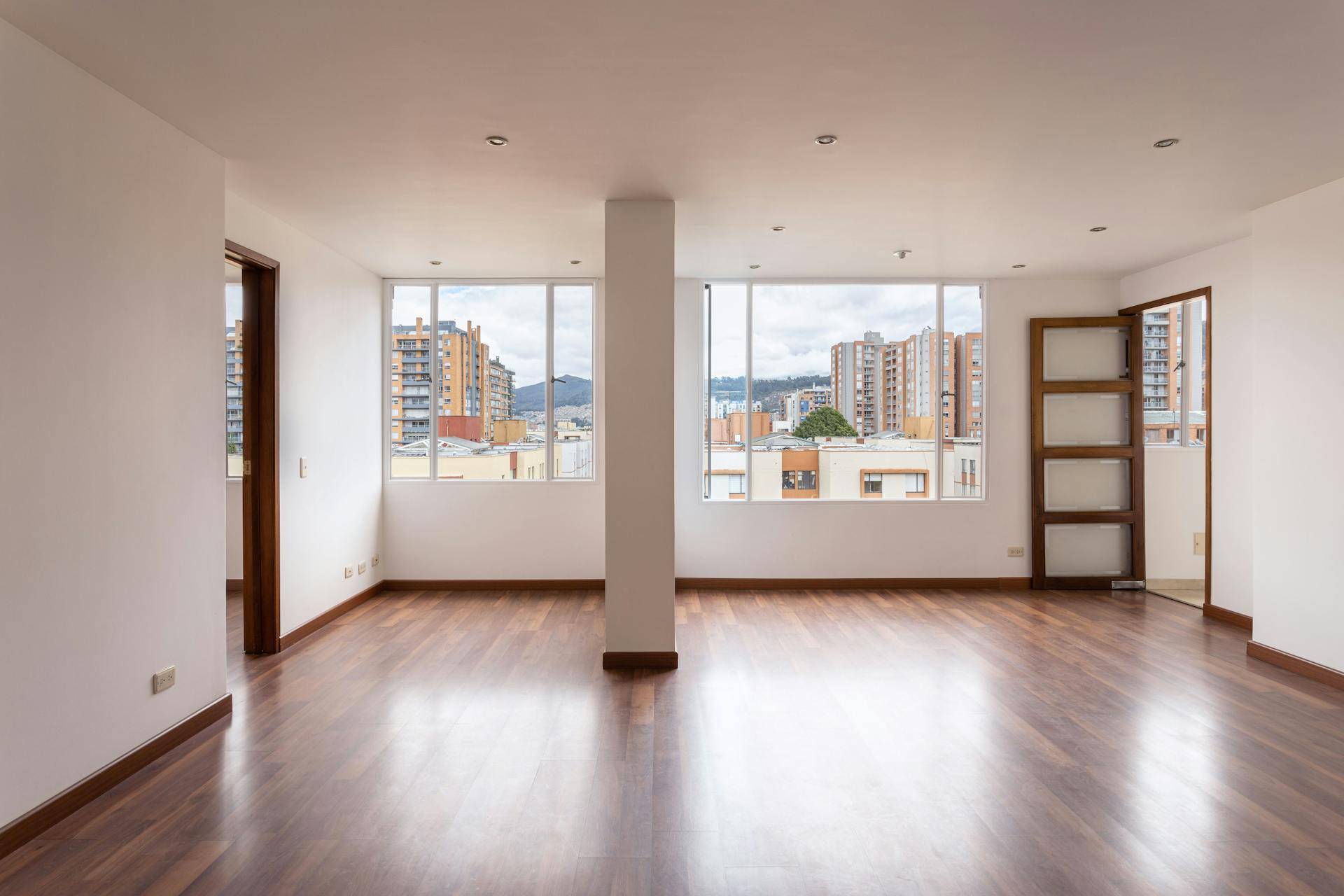
.png)